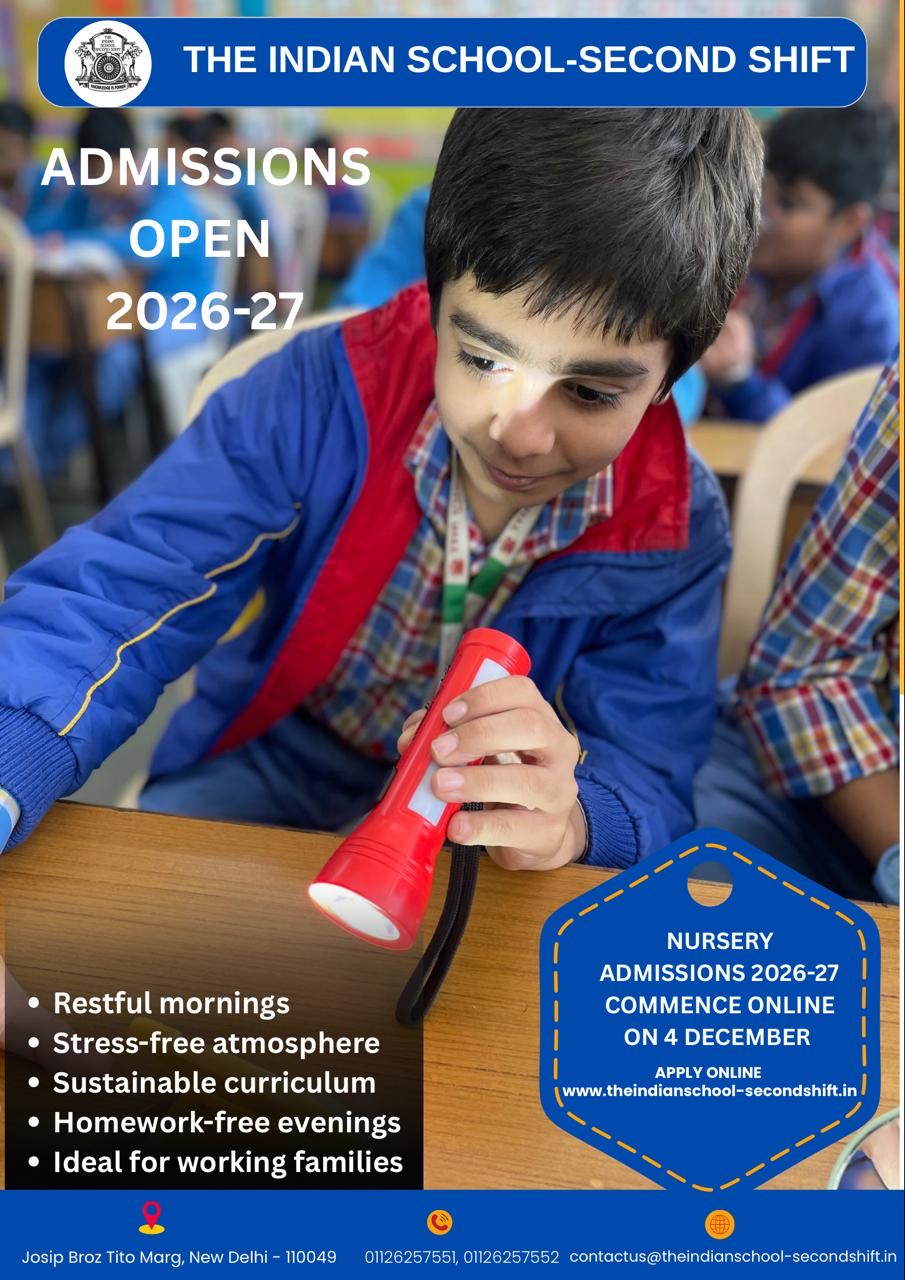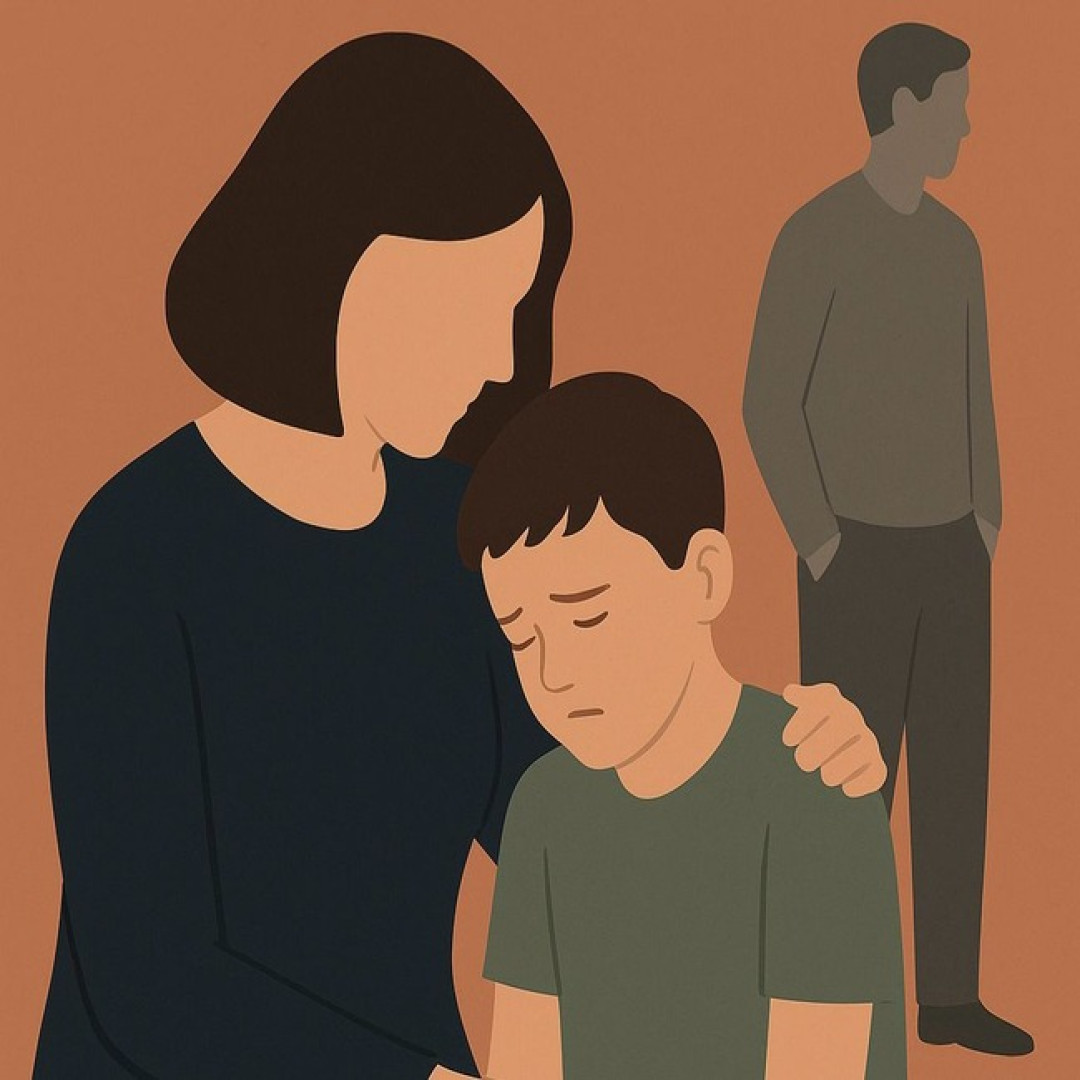The Invisible Single Parent: When One Raises the Child, and the Other Just Lives at Home
You can have a home with two parents and still be raised by only one. The story behind four walls isn't always as symmetrical as it seems on the outside. Sometimes, one parent is parenting while the other remains only a parent on paper—silent, withdrawn, emotionally unavailable, perhaps even financially absent. Yet society keeps checking the marital status box and assumes the child is being raised in a two-parent home.
In my work as a psychologist in school settings, I’ve sat with mothers who remain in marriages not out of love or companionship, but out of fear—fear of stigma, shame, economic vulnerability, and the terrifying unknown of starting over. These are not stories we hear on panel discussions or in parenting books. These are not the "single mothers" we imagine when we speak about solo parenting. These are the invisible ones, hiding in plain sight. Married. Present. But entirely alone.
Their children come to school and act out. They fight, withdraw, bully, or stop performing altogether. And so, the child gets labelled: oppositional, defiant, inattentive. The clinical machinery rolls in to manage the “symptoms”. But the truth is often buried beneath the diagnosis—the child is a messenger. They carry the emotional atmosphere of their home in their bodies, in their behaviour, in their breaking points.
In Clinical Psychology, we’re trained to trace the pathology backward, to ask what might have gone wrong in the early years. But in school counselling, the rawness of those early years is often still unfolding. Here, we don’t theorise the pain—we witness it. A child becomes the window through which the unravelling of a parent is made visible. And most often, that parent is the mother—mothering not only under pressure, but in isolation.
What strikes me time and again is how these mothers come seeking counselling not just for the child, but silently, for themselves. They don’t have the language to ask for it, because society hasn’t given them one. Instead, they bring their child into the room, hoping we will see through the surface. And we often do. What they’re asking for is not just behavioural support. What they’re asking for is a partner—someone to share the psychological weight of raising a child in an emotionally barren marriage.
It’s an open secret that no one names.
We still define single parenting by absence—death, divorce, abandonment. But what about the quiet absence that lives within a presence? The father who comes home but doesn’t engage. The partner who provides neither emotional nor financial support. The addict, the avoidant, the emotionally ill-equipped. The home that runs like a one-woman show. These women are single in every way that matters, except that the paperwork says otherwise.
And the children—they know. Children always know.
I remember a young boy involved in a deeply troubling group activity at school. In our session, he broke down—not over punishment, not over what his peers thought, but because he felt he had betrayed the one person who had never given up on him. “My mother does everything alone”, he sobbed. “She works all day, comes back home and still listens to me. I made her look bad”. That moment cracked something open for me. This boy wasn’t heartless or impulsive. He was overwhelmed. Children are often mirrors, reflecting the quiet struggles that adults refuse to name.
When we speak about childhood development, we often jump to curricula, screen time, peer influence. But so rarely do we talk about the emotional ecosystem of the home—and how central the relationship between the parents is to a child’s emotional development. Parenting is a team sport, but when one player walks off the field, the game doesn’t pause. One parent keeps running. And running. And running. Alone.
This is a call to expand our understanding of what it means to be a "single parent". It’s not always a checkbox on a form. Sometimes it’s a psychological reality disguised by marital status. It’s a mother who plays both nurturer and protector, who shields and disciplines, who earns and consoles—while sitting across from a partner who offers nothing but silence.
There is a depth of suffering in these homes that remains unspoken—not because it’s invisible, but because it’s uncomfortable. As professionals, we need better language. As a society, we need deeper compassion. And as human beings, we need to stop assuming that the presence of two adults in a home means a child is being raised by both.
Some parents are doing it all. And we owe it to them—and their children—to finally see it.
Ms Meghna Joshi
Psychodynamic Counsellor
The Indian School












